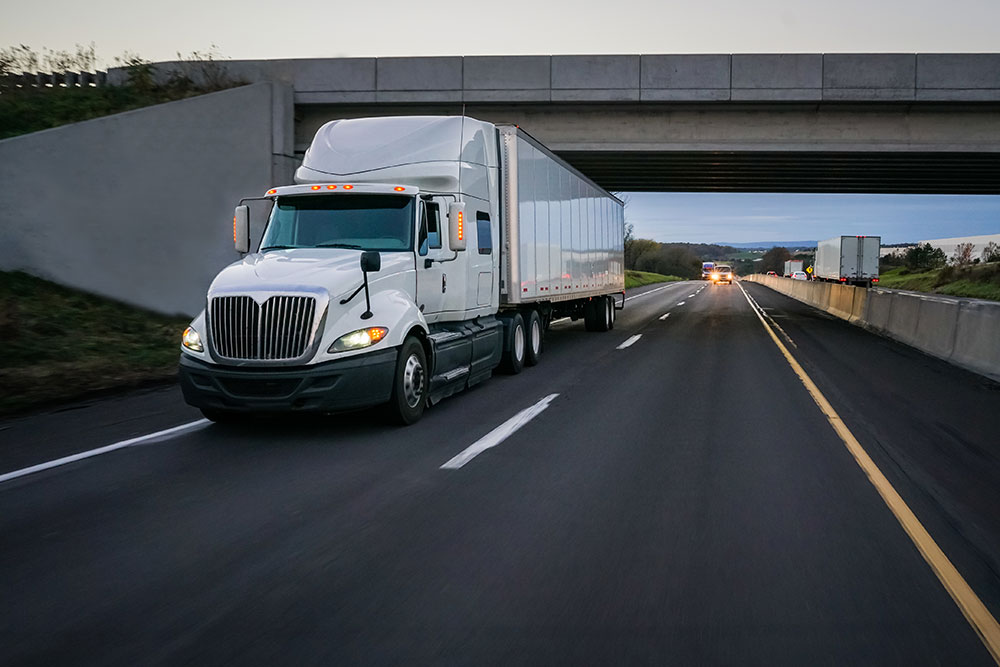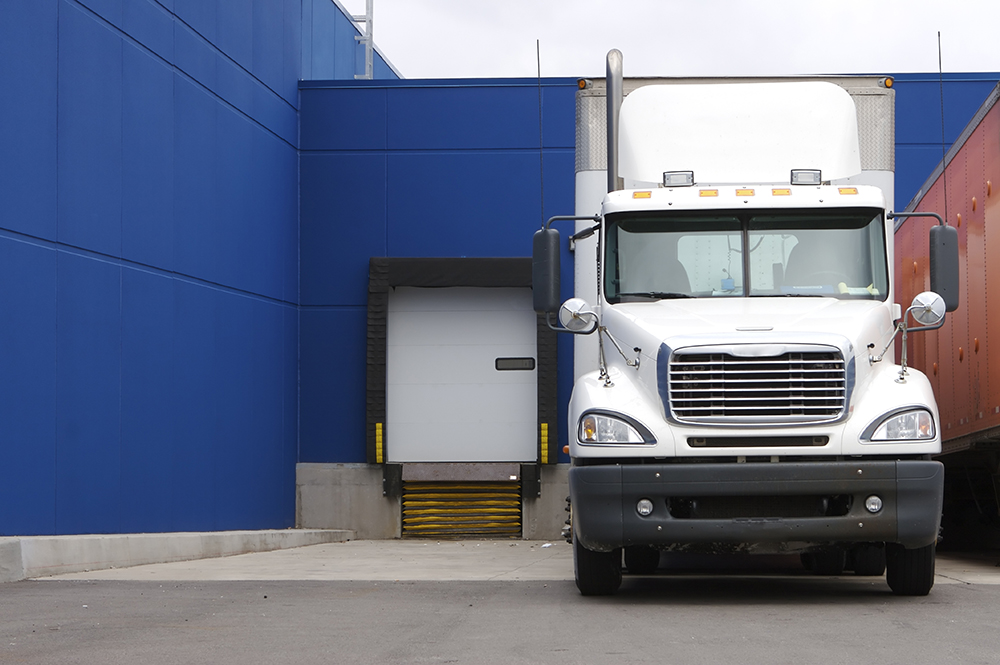Last month, we analyzed two decisions within the United States Court of Appeals that create an opportunity for the Supreme Court of the United States (“Supreme Court”) to consider and accept jurisdiction on the question of whether state law negligence claims against freight brokers are preempted by the Federal Aviation Administration Authorization Act (“F4A”). See Aspen Am. Ins. Co. vs. Landstar Ranger, Inc., 65 F.4th 1261 (11th Cir. 2023); Miller v. C.H. Robinson Worldwide, Inc., 976 F.3d 1016 (9th Cir. 2020).
At the time of this writing, the deadline for an appeal of Aspen to the Supreme Court has yet to expire. Our discussion last month contemplated that the Supreme Court could decline jurisdiction of such an appeal on a narrow reading that no conflict exists with Miller because each case focuses on different provisions of F4A addressing different exposures (cargo vs. bodily injury).
Since our last update, a third Federal Circuit has offered its opinion on the subject to create an indisputable conflict with Miller, and increase the likelihood that the Supreme Court will provide guidance on F4A preemption.
On July 18, 2023, the United States Court of Appeals for the Seventh Circuit (“7th Circuit”) issued a ruling favorable to freight brokers in the case of Ying Ye vs. GlobalTranz Enterprises, Inc., No. 22-1805 (7th Cir. 2023), when it decided that F4A preempts state law negligence claims for personal injuries sustained in a motor vehicle accident.
In Ying Ye the 7th Circuit was presented with facts including that GlobalTranz brokered a load to a motor carrier whose driver collided with a motorcycle during transit. The motorcycle driver died of his injuries, and his surviving spouse filed claims against GlobalTranz based upon Illinois state law theories of negligent hiring, and vicarious liability for exercising control of the motor carrier.
The United States District Court for the Northern District of Illinois, Eastern Division (“Illinois District Court”), dismissed the claim for negligent hiring, concluding that it was preempted by F4A as relating to the services of a broker to arrange transportation, and did not fall within an exception to preemption for regulation of motor vehicle safety. The Illinois District Court granted summary judgment on the claim for vicarious liability.
The 7th Circuit affirmed the Illinois District Court dismissal of the negligent hiring claim, agreeing that it is preempted by F4A and not preserved by the safety exception. In reaching this conclusion, the 7th Circuit recognized the similarities in fact and legal issues with those considered by the 9th Circuit in Miller, and delivered a detailed analysis of why the conclusion in favor of preemption is compelled by application of established principles of statutory interpretation to the language and intent of Congress reflected in F4A.
Thus, if both Aspen and Ying Ye are appealed as expected, and jurisdiction is accepted in each case, then the combined impact provides the Supreme Court with the opportunity to provide guidance on F4A preemption for cargo and bodily injury claims at the same time.
Even if the Supreme Court issues favorable rulings in both cases, a narrow reading of Ying Ye could support the conclusion that only claims for negligent hiring are preempted, and other allegations of negligence not included in the appeal remain viable, such as vicarious liability on theories of control.
For those keeping score at home, the unfavorable 9th Circuit decision in Miller applies in Alaska, Arizona, California, Hawaii, Idaho, Montana, Nevada, Oregon, Washington, Guam, and the Northern Mariana Islands; the favorable 7th Circuit decision in Ying Ye applies in Illinois, Indiana, and Wisconsin; and the favorable 11th Circuit decision in Aspen applies in Alabama, Florida, and Georgia.
In combination with GTU’s legal and claims pedigree, our insurer and claims handling partners have achieved success pursuing the preemption defense in many federal and state courts to eliminate and minimize freight broker loss experience, which is now further strengthened by the Ying Ye case.
While the industry waits for issues of F4A preemption to work their way through the legal process to obtain guidance from the Supreme Court, it remains impractical to draw territorial lines in the operation of a brokerage using motor carriers regularly moving loads through multiple federal and state jurisdictions in a single trip. In a legal environment where even favorable decisions lack finality and may be overturned, prudent freight brokers should continue to apply best practices in carrier selection to minimize these exposures and protect their business. GTU continues to support those efforts including delivery of our unique advantages, such as our proprietary algorithm and model broker carrier agreement, to protect the reputation, goodwill, and profitability of our customers.










